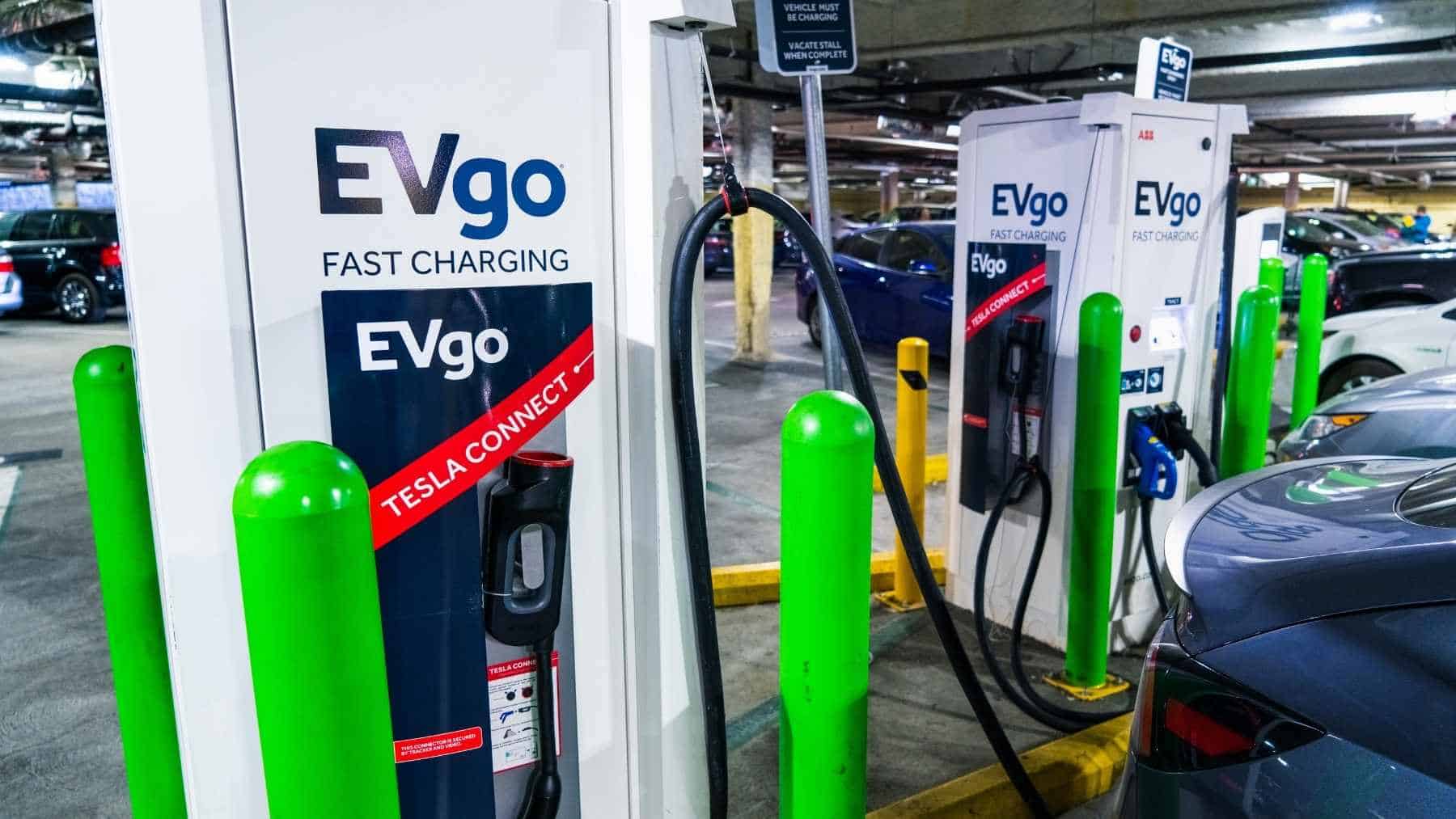EV drivers have been caught off guard after EVgo just banned the use of high-speed DC extension cables and breakaway adapters manufactured by enterprising companies. This has come after EVgo added a Terms of Service that prohibits the use of the accessories mentioned above that have been manufactured by other unauthorized companies. The company termed these accessories as unauthorized and warned that using them to charge cars at their stations would lead to overheating among other risks. According to EVgo, these terms are effective March 8th.
However, the company still recognizes and authorizes the NACS to CCS1 adapter manufactured by A2Z EV. Additionally, EVgo challenged the company and other small companies that manufacture these charging accessories to maintain safety and reliability in their innovations. This move mirrors Tesla’s approach which also prohibited the use of accessories that are not sold or provided by Tesla or other automakers. However, Tesla did not go ahead to ban any specific types.
Tesla’s Influence on Charging Standards and Impact on Non-Tesla Drivers.
Drivers, especially those using non-Teslas have been caught off guard because Tesla’s superchargers have short cords that do not reach around their cars’ charging ports because of their varying locations. This has forced some drivers to park cars in a way that blocks other charging stations to ensure the cords reach the charging ports.
EVgo, among other EV charging operators like Electrify America and Chargepoint, have plans underway to add Tesla’s connector to their hubs. To achieve this, these companies also added that they would match their gadgets to Tesla’s NACS, to enable EV charging station manufacturers and operators to adopt the connector. This move shows that Tesla is winning the EV charging standard war thanks to their EV “North American Charging Standard” (NACS) port.
Safety Concerns Behind the Ban
The landscape of EV charging accessories has seen many enterprising solutions. For example, EVject, a startup, built a breakaway adapter that allows a driver to drive away from a supercharger, including Tesla’s, without getting out of the car in case of a dangerous situation. However, Tesla found that this innovative adapter could overheat and went ahead to sue the company.
Besides the drivers, EV accessory makers like EVject and A2Z EV might also be caught off guard and their solutions could fail to sell because of the strict measures adopted by Tesla and EVgo.
EVgo’s move to prohibit some of these charging accessories is motivated by the need for safety. Therefore, accessory makers should ensure that they produce gadgets that meet the UL2252 certification. This will ensure that gadgets being used by drivers meet safety, reliability and performance standards.
How EV Owners can Avoid Charging Issues.
To avoid surprises when visiting charging stations, drivers are advised to purchase the right EV accessories by;
- Heck for UL2252 certification when purchasing any EV charging accessories.
- Consult manufacturer guidelines to ensure that they align with the automaker recommendations.
- Only go for manufacturer-approved products because they ensure compatibility and safety.
- Follow proper installation to avoid potential hazards even when using certified equipment.

